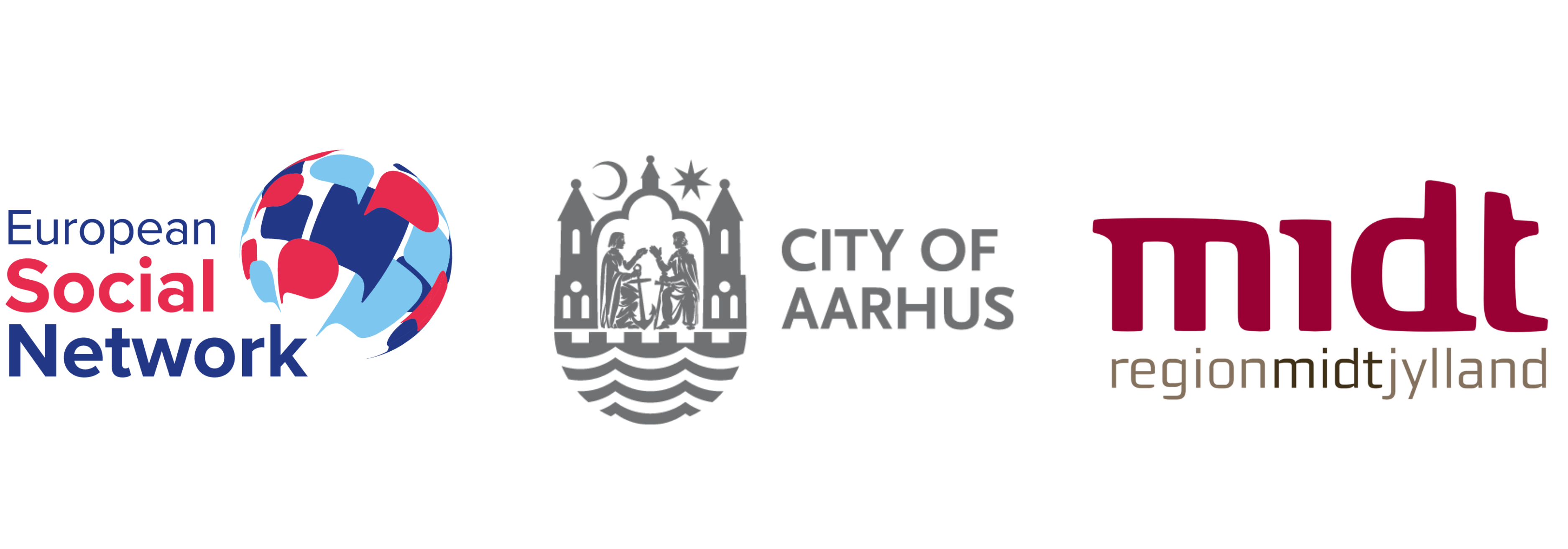Andrea Danes, EY Global Human Services Leader
This is an abstract from an article that originally appeared in Forbes. Click here to read the full article.
Historically, governmental support for these vulnerable populations has come in the form of post-crisis intervention. Yet, we’re now at a point where a reactive social services system is no longer sustainable. With public sector budgets coming under huge pressure and the demand for costly protection and care services rising, it will soon be impossible for governments to provide the necessary level of support for those at risk. Building a system that’s fit for purpose in the future therefore means shifting to a prevention-based method focused not on helping people after they experience a crisis, but on averting that crisis from happening in the first place.
This new proactive model of social care will require three fundamental building blocks, the first of which is integrated data. The second of these building blocks is better risk modelling. And the final building block is a redesigned service model based on personalized care, including a shift to performance-based contracts that incentivize proactive action.
Used in unison, these building blocks can create a smarter, more effective social care system. One where integrated data and technology platforms provide frontline workers with relevant and timely information about someone’s life and thereby enable them to make early interventions that reduce the need for crisis support further down the line. That’s the bold new future of social care. To read the full article, visit here.
For those of you headed to Malmö in June, we look forward to seeing you there! Do visit us on our stand and drop into our Innovation Zone session and Thematic panel discussion to learn more about the “Power of Prevention.”

